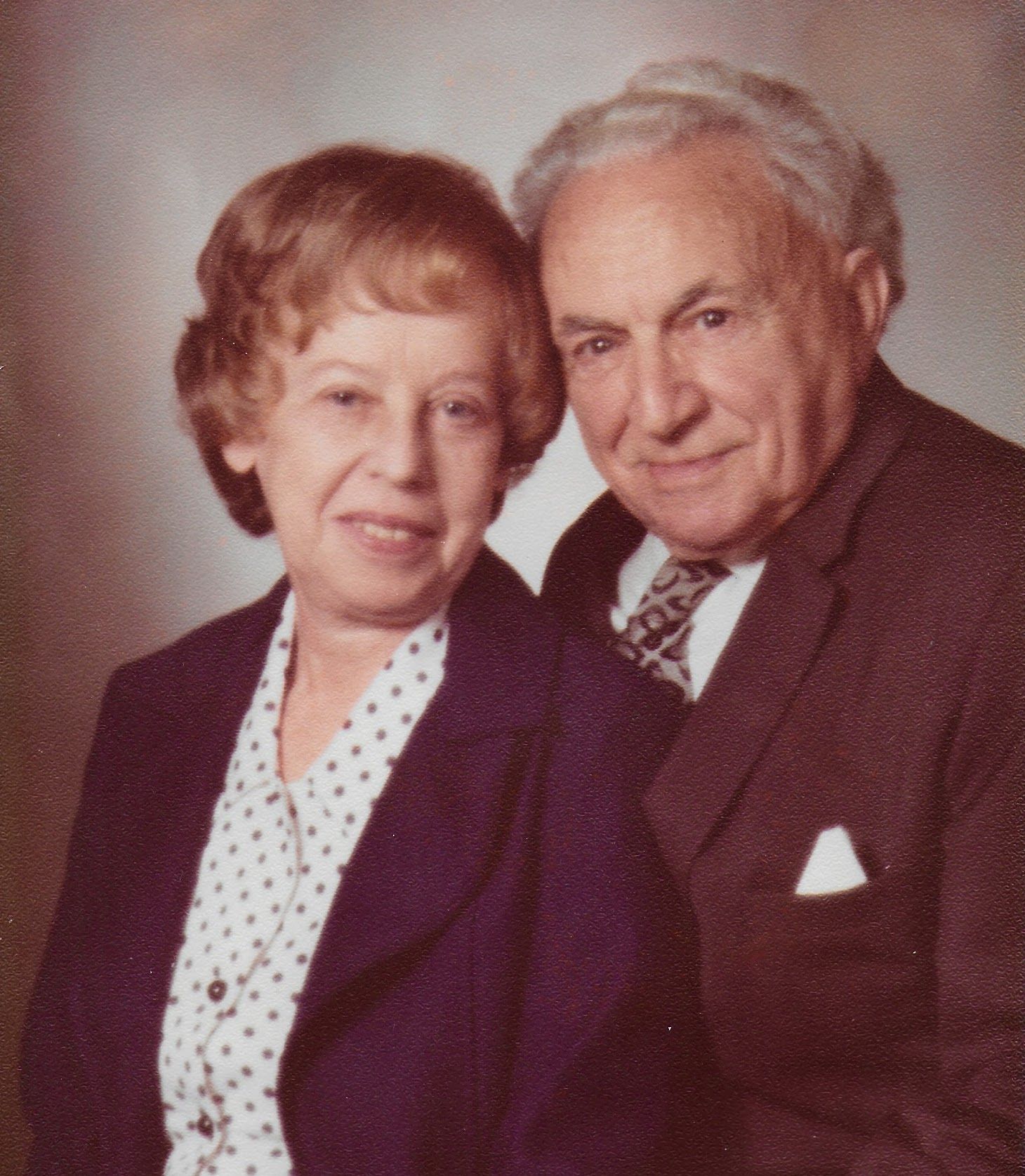In 1929, just prior to the Great Depression, Zoltan Mann arrived in the United States, alone with a guest visa.
It had taken Zoltan Mann seven years to prepare to leave Transylvania. He had been wounded by a bayonet to the gut as an officer in World War I. He returned home after the war to learn that his oldest, beloved brother was missing.
Zoltan spent close to a year wandering through battlefields to find information about his brother, hoping to help his parents deal with this loss. Learning little, he returned and entered medical school in Budapest, where he worked to become an orthopedic surgeon.
Jews who lived in the Austro-Hungarian Empire had opportunities unlike other Eastern European Jews — to become physicians, attorneys and business owners — before the empire was broken into the nation-states. But everything changed when World War I concluded. The economy and government were in shambles; the monarchy was finished. Life was unstable.
Antisemitism escalated. Zoltan experienced this personally when, after several semesters in medical school, he was prohibited from attending classes because he was a Jew. His Jewish professors were barred from teaching. It was then that he began his plan to leave Europe and go to the U.S. It took him seven years to acquire the necessary tourist visa — the only visa available to him. Substantial paperwork was required in Europe and the States. Expensive tickets had to be purchased and fees paid.
Greatly relieved, Zoltan Mann arrived in New York with a visa allowing him to stay for six months. He had no intention of returning to the dangers of Europe. Although he could not predict how extensive those dangers were, Zoltan was certain that a safe life in Europe for Jews was over. He believed the kindness and goodness of the U.S. government would help him find a way to stay when his six-months' visa expired.
A long, complicated few years followed, including time living in Mexico. Years later, when Zoltan finally became a naturalized American, he was the picture of patriotism — gratitude for the liberties and allegiance to the responsibilities of citizenship.
I learned of the powerful place of immigrants in America from my father, as well as my mother, who had emigrated from Hungary at the age of four in 1913, before the increasingly restrictive Immigration Acts of 1917 and 1924.
My parents' grit and determination were examples that produced children and grandchildren who are outstanding citizens making contributions to this society.
As Jews, we know our tradition demands just treatment of the stranger. "When a stranger resides with you in your land, you shall not do them wrong." A Passover lesson relates that we were slaves and we know the heart of a stranger. Strangers are to be treated with justice and with empathy. At no point is that treatment predicated on the stranger looking like us or sharing our culture.
As a matter of policy, immigrants must follow the law and rules for entering our country. But in making policy, we must remember to ask, "Why would a person leave his country where he is familiar with his language and customs, where he has family and friends?"
The discussion of immigration should begin with the immigrant, the refugee, the asylum seeker. Like my father, each person has a story. To "know the heart of the stranger," we must first learn that story. That story is Asian, Central American, Iraqi, Syrian. That story is playing out across the globe as people make sober assessments about the prospects for themselves and their families in their home countries and aspire to contribute to the future of ours.
Making policy is difficult, time consuming and complex, but let us begin the process with kindness, mercy and justice.

Comments
Sign in or become a Nu?Detroit member to join the conversation.
Just enter your email below to get a log in link.